What Do Fuel Filters Do? Understanding Their Role in Vehicle Performance
When it comes to vehicle maintenance, most car owners pay attention to the more visible components like engines and transmissions. However, one crucial yet often overlooked part of the vehicle’s system is the fuel filter. What exactly do fuel filters do, and why are they so essential for your car's performance? In this article, we’ll explore the functions of fuel filters, why they matter, and how proper maintenance can enhance your driving experience.

The Function of Fuel Filters
At its core, a fuel filter has a simple but critical job: it cleans the fuel before it enters your engine. As gasoline or diesel travels from the tank through the fuel lines to the engine, it can pick up dirt, debris, rust particles, and other contaminants. These impurities can cause significant damage if they enter the combustion chamber or fuel injectors.
So, what exactly do fuel filters do? They act as a barrier, trapping these harmful substances within their porous material to ensure only clean fuel reaches the engine. Most vehicles come equipped with two types of fuel filters:
-
Primary Fuel Filter: Typically located near or inside the fuel tank, the primary filter captures larger particles before they move further into the fuel system.
-
Secondary Fuel Filter: Positioned closer to the engine, the secondary filter catches smaller contaminants that may have passed through the primary filter.
Why Are Fuel Filters Important?
Now that we know what fuel filters do, it’s important to understand why they are so essential for the overall health of your vehicle. Here are a few reasons why these filters should not be neglected:
1. Engine Protection
Fuel filters protect your engine’s sensitive parts, such as injectors and pumps, from harmful contaminants. Clean fuel is vital to maintaining optimal engine performance, preventing the wear and tear caused by dirty or contaminated fuel.
2. Improved Performance
A clogged or dirty filter can obstruct fuel flow to your engine, leading to reduced power, sluggish acceleration, and poor overall performance. By ensuring an uninterrupted supply of clean fuel, properly functioning fuel filters help maintain peak engine performance.
3. Enhanced Fuel Efficiency
When your engine receives clean fuel without the risk of contaminants blocking the flow, it operates more efficiently. This efficiency not only enhances your car’s performance but also improves fuel economy, helping you get more miles per gallon and saving money at the pump.
4. Extended Engine Life
Regularly replacing your fuel filter contributes to the longevity of your engine. Clean fuel reduces strain on crucial components, allowing them to function properly for a longer time. By maintaining the fuel system, you can avoid costly repairs and ensure your car lasts longer.
Signs Your Fuel Filter Needs Replacement
Understanding what fuel filters do is only part of the equation. Recognizing when it’s time for a replacement is just as important. Here are a few signs that your fuel filter might need attention:
- Engine Misfires: If your engine misfires or struggles during acceleration, it could be due to a clogged fuel filter preventing the proper flow of fuel.
- Difficulty Starting: A clogged filter might make it harder for your engine to start because insufficient clean fuel is reaching it.
- Decreased Power: A noticeable loss of power when accelerating could be a sign that your filter is restricting fuel flow.
- Unusual Noises: Sputtering or knocking sounds from the engine may point to fuel filter issues, as inadequate filtration can disrupt fuel delivery.
Related reading:How to Clean Your Fuel Filter: A Step-by-Step Maintenance Guide
Maintenance Tips for Fuel Filters
To ensure your vehicle’s fuel filter performs optimally, here are some helpful maintenance tips:
- Follow Manufacturer Guidelines: Always check your car’s owner manual for the recommended fuel filter replacement intervals. These can vary based on the make and model of your vehicle.
- Use Quality Fuels: Choosing high-quality fuels that contain additives designed to minimize deposits can help extend the life of your fuel filter.
- Monitor Driving Conditions: If you regularly drive in dusty or harsh conditions, or use lower-quality fuels, consider replacing your filter more frequently.
Conclusion
In conclusion, understanding what fuel filters do is key to appreciating their role in your vehicle’s overall performance. From protecting your engine to improving fuel efficiency and extending the life of your car, these small components play a huge role in keeping your vehicle running smoothly. By staying on top of regular maintenance, you’ll not only enhance your driving experience but also safeguard against costly repairs down the road. So, make sure to prioritize your fuel filter and enjoy a smoother, more reliable ride!


![EVIL ENERGY 4/6/8/10AN PTFE Fuel Line Kit | E85 Nylon Braided Hose | 16/20FT Black Black with Comprehensive Fittings [20FT]](http://www.ievilenergy.com/cdn/shop/files/Test-2025-Evilenergy-125598065_165x.png?v=1742144807)
![ptfe hose fitting kit [16FT]](http://www.ievilenergy.com/cdn/shop/files/Test-2025-Evilenergy-125598171_165x.png?v=1742144807)
![CPE Fuel Line[25FT]](http://www.ievilenergy.com/cdn/shop/files/25FTCPE_FuelLine_165x.png?v=1735220649)
![CPE Fuel Line[20FT]](http://www.ievilenergy.com/cdn/shop/files/20FTCPE_FuelLine_165x.png?v=1735220649)

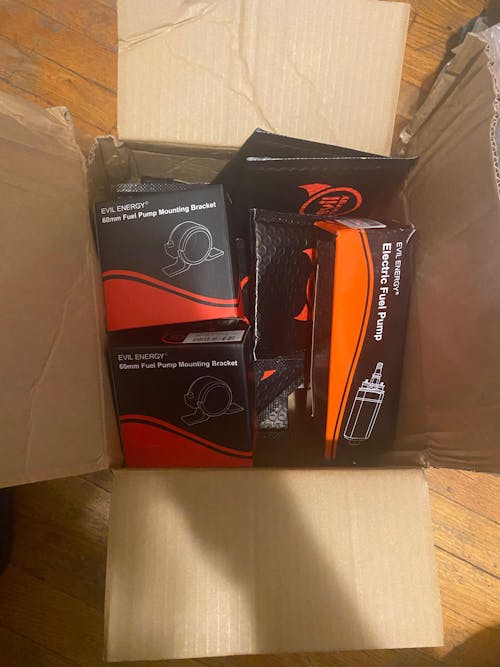
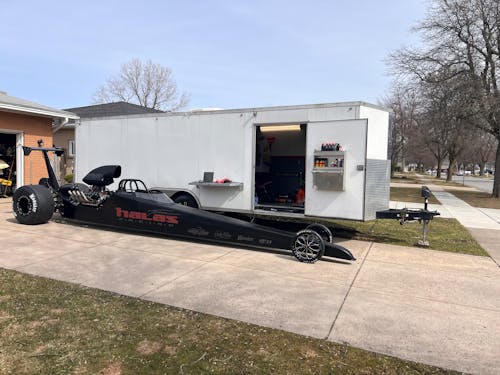
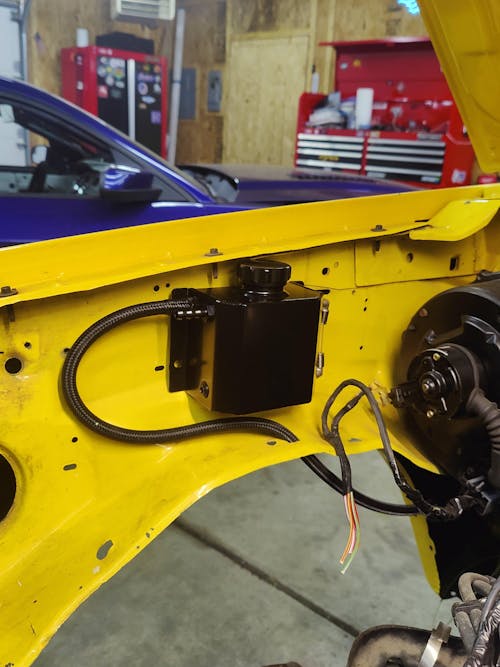
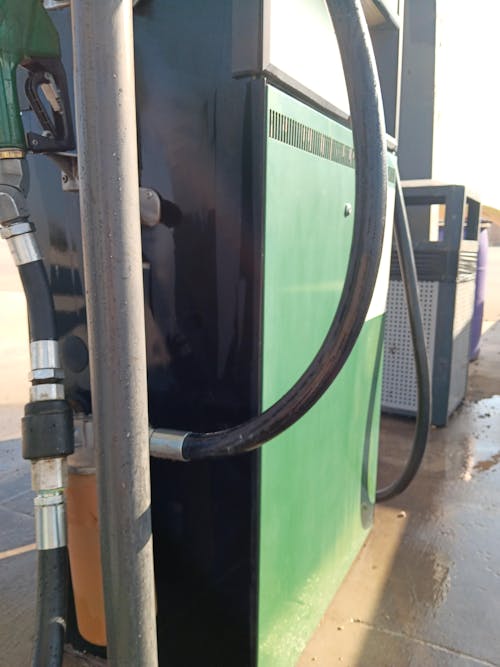
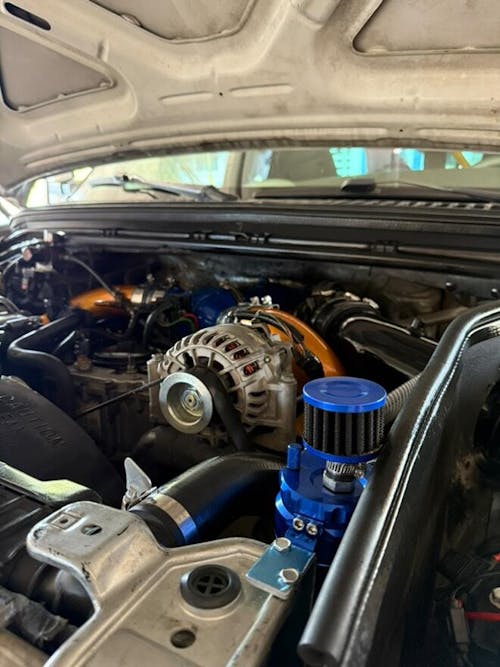
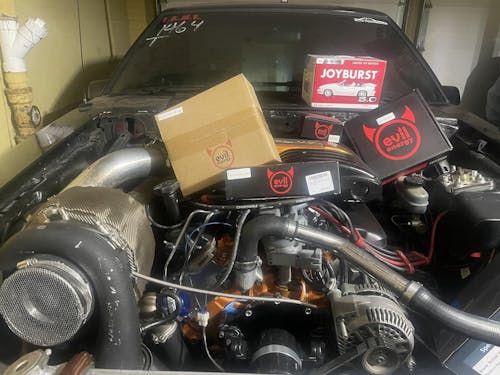
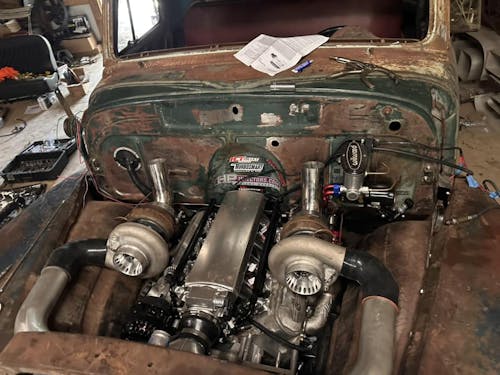
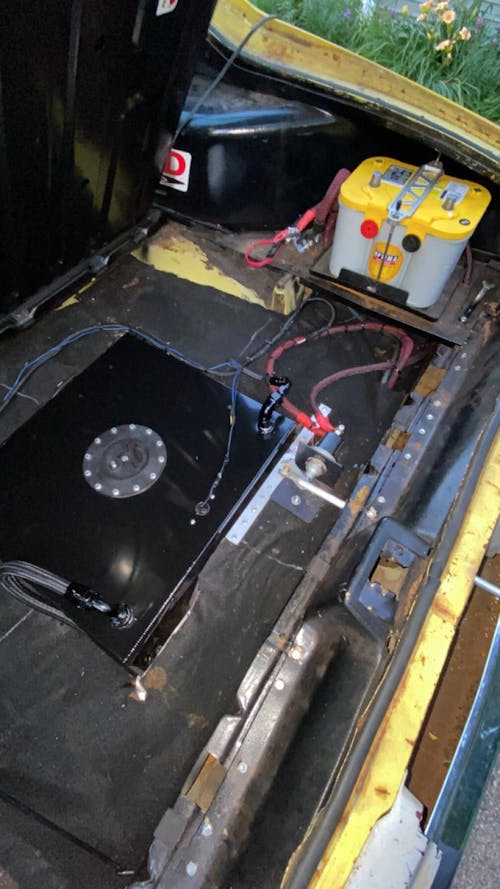


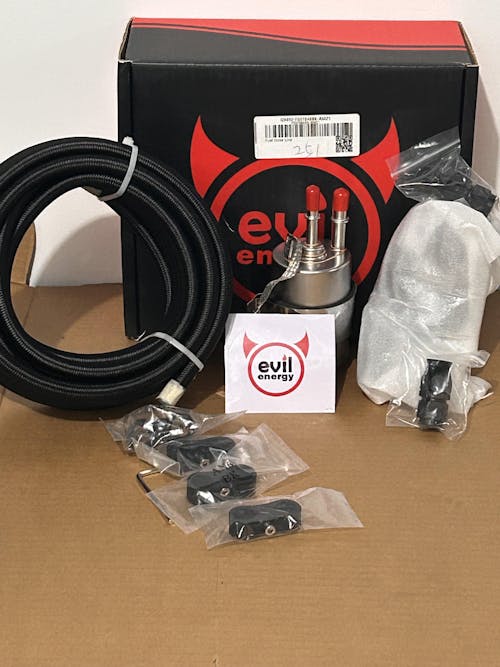
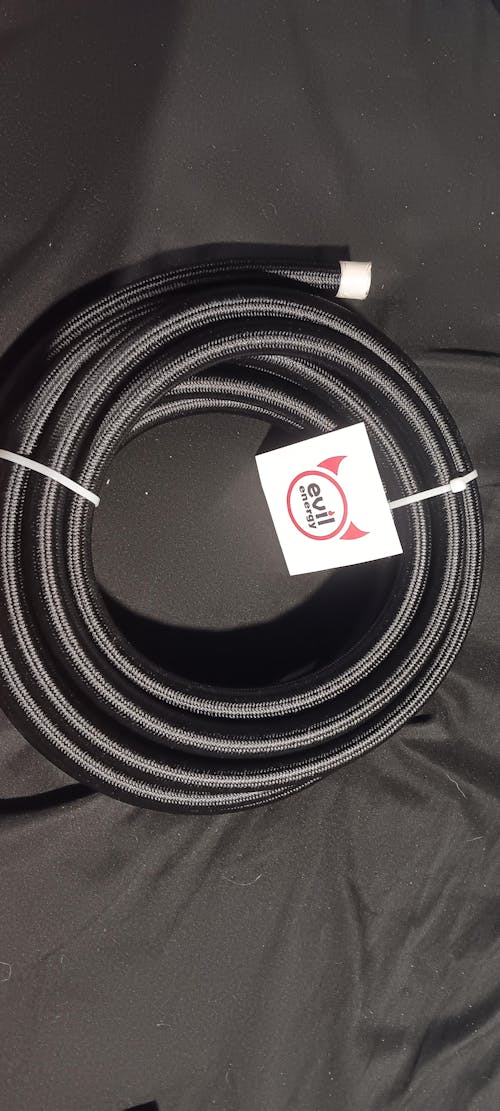
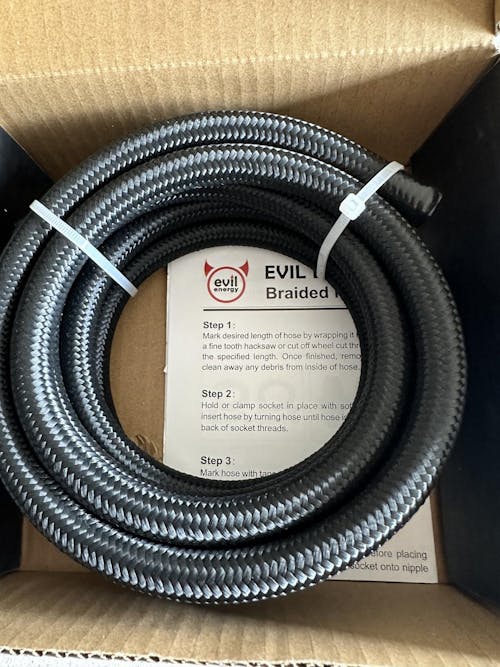
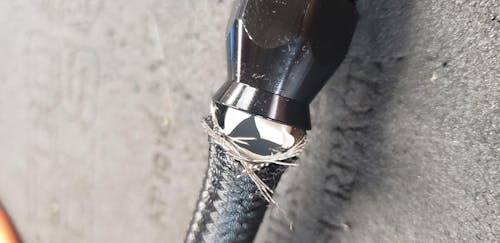
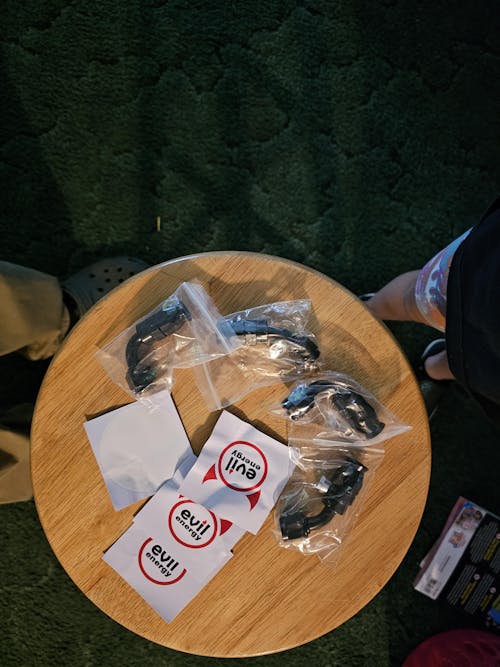
1 comment
This article cleared up a lot of my confusion about fuel filters. I didn’t realize how essential they are for maintaining engine performance and preventing damage. Thanks for explaining it so clearly! Looking forward to reading more helpful posts like this.